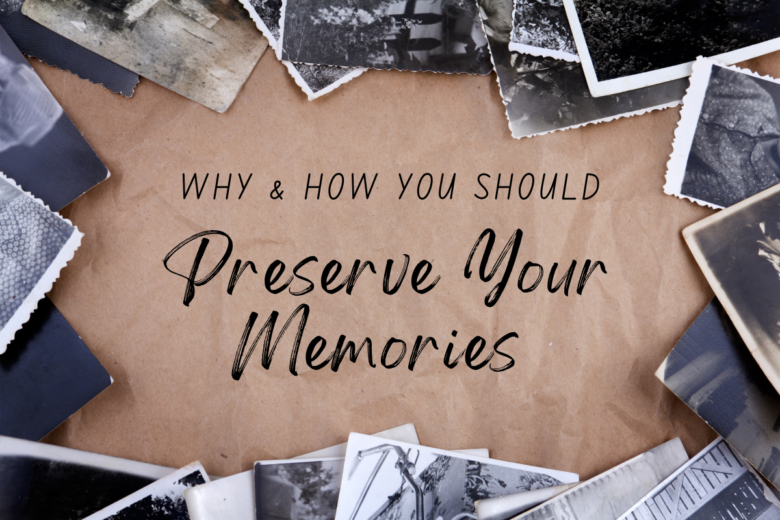The Importance of Preserving Memories
Why are memories important? Our memories are precious and can be a source of joy, humor, and comfort. They help us relate to each other and give our lives meaning. Relationships with our surroundings, fellow humans, and even ourselves are rooted in our memories. Without being able to reflect upon our past, we cannot learn and evolve.
Unfortunately, as we age our memories often start to slip away or become less clear. Let’s delve into the importance of preserving memories and how you can cherish them forever.
11 Reasons to Preserve Memories
Here are ten reasons why it’s important to preserve your memories:
1. To Honor Passed Loved Ones
The importance of memories cannot be overstated when it comes to preserving the legacy of a loved one who has passed away. Whether they’re captured in photos, video, audio, the written word, or in the form of physical objects, preserving those memories helps family and friends honor their loved ones for years to come.
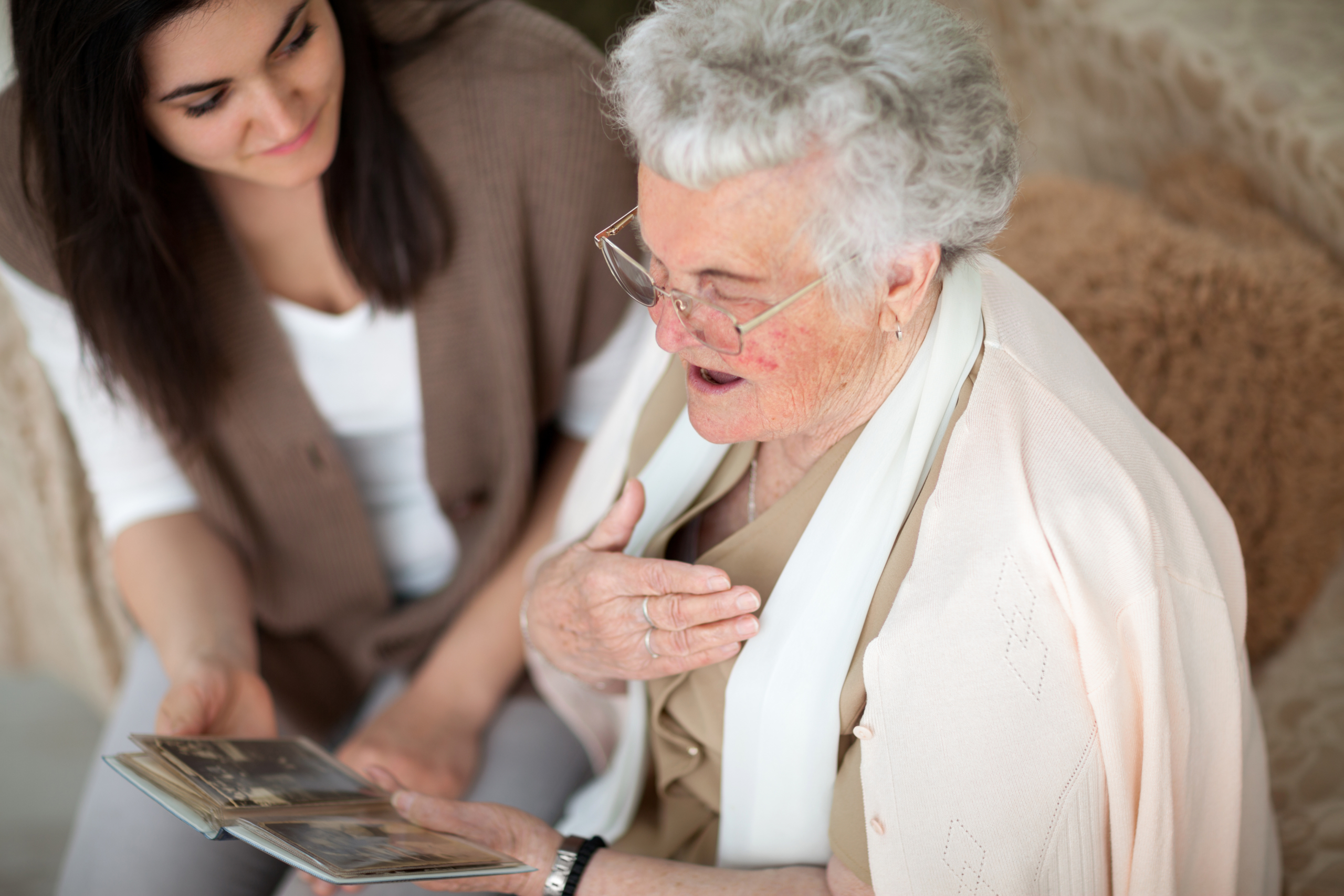
2. To Help Relatives with Dementia
We cannot take the importance of remembering for granted: those with dementia remind us of that. Oftentimes, seeing and hearing the past documented on video or in an audio snippet jogs the memories of those suffering with memory loss. This helps them remember loved ones or fond memories, bringing them joy.
3. To Commemorate Special Events
Important memories are created at events like birthdays, anniversaries, weddings, and graduations. Memories preserved in the form of photos, video or through another medium can also be shared during these events, too. What better time than when friends and family are all together?
At the same time, it doesn’t have to be a big event to be an important memory. The little things, life’s little pleasures like a weekly family game night or the kids goofing off, should be documented, too.

4. To Give as a Gift
Preserving your memories is a priceless gift. Whether you’re going to be away from your loved one for a while or want to express your love just because, gifts are a meaningful “something to remember me by.” Gifts not only uplift the receiver, they can create a legacy for the giver.
5. To Reduce Clutter
On the more practical side, keeping memories in a digital medium can reduce clutter in the home. Books, VHS tapes, and other physical momentos can end up taking up a lot of home, office, and storage space. Conveniently preserving the past digitally helps keep the present clean and clutter-free.
6. To Keep Your Fond Memories Close
When you leave a place, and no longer have the daily reminders of the people from that environment, memories begin to fade. It’s just how our brains work to keep us focused on the present day’s immediate needs. Sometimes we have to leave a place, or a group of cherished friends, and we wish we could take them with us. Preserving those memories helps us do just that.
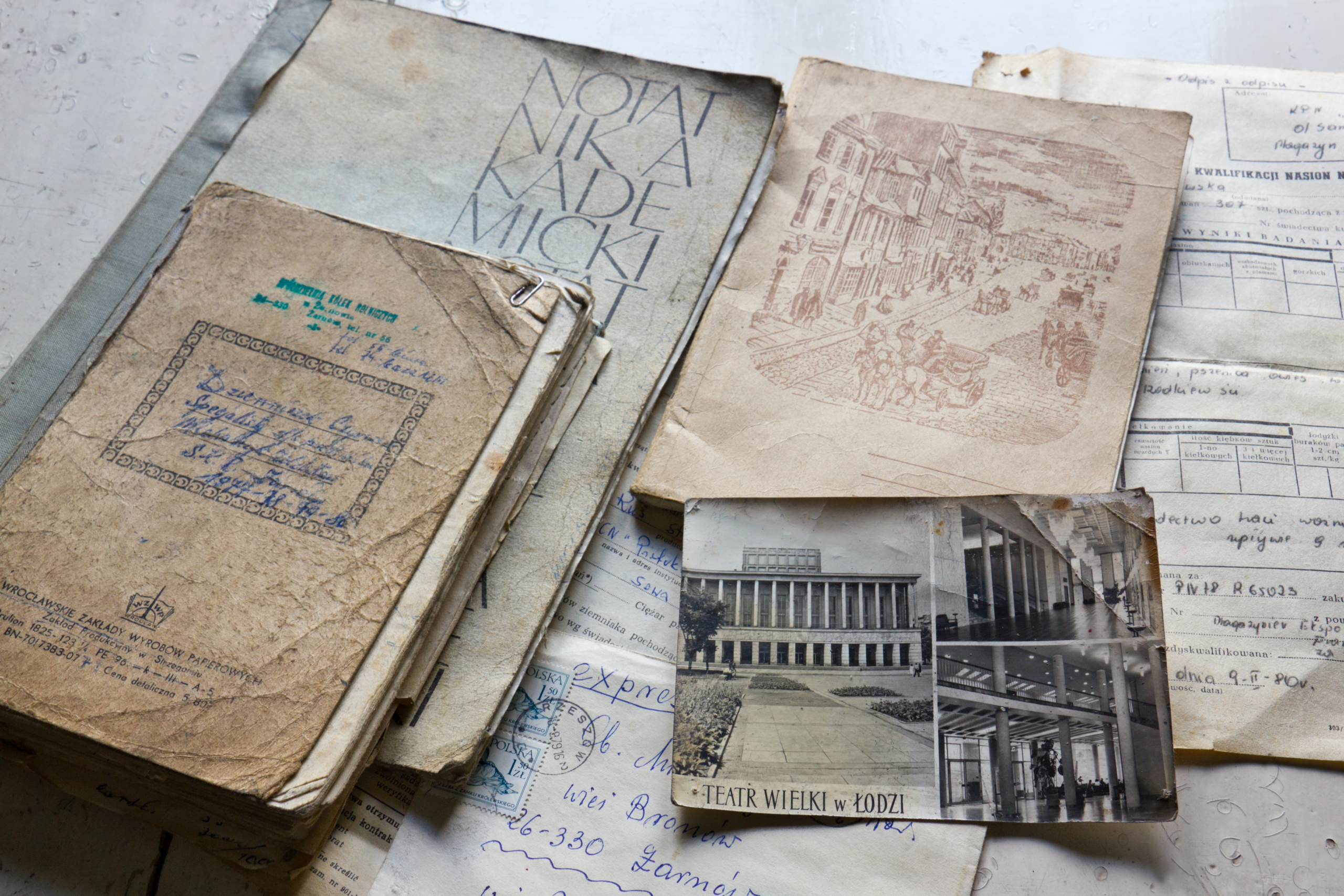
7. To Have a Record of the Truth
Sometimes, our memories can get distorted with time. Either for the better, by romanticizing a situation that was difficult in reality, or for the worse, by vilifying an experience that in reality was positive in nature.
For example, the documentary Get Back documents The Beatles’ infamous recording of their final album as a band. Up until the release of that documentary, which was composed entirely of filmed band sessions, The Beatles themselves and fans worldwide remembered these recordings as an emotionally tense, negative time between band members. But the recordings show the truth: the band, although they had their creative disagreements, had genuine smiles, laughs, and fun. It wasn’t as bad as everyone seemed to remember.
When you have real-time documentation of an account or an experience, whether it is audio, visual, or written, it preserves the truth. And sometimes, the truth is even better than we remember.
8. To Have a Backup
Memories preserved in a home video on VHS are at the mercy of how well the technology holds up. VHS tapes can get damaged and discolored over time if exposed to heat, moisture, or if broken. VCR players are not as widely available as they once were. Even DVDs are being phased out. Transferring these memories from VHS to digital in the format of downloadable files can make them more easily viewed on a variety of devices for years to come. Plus, you are more likely to watch these videos in a format that is digitally convenient.
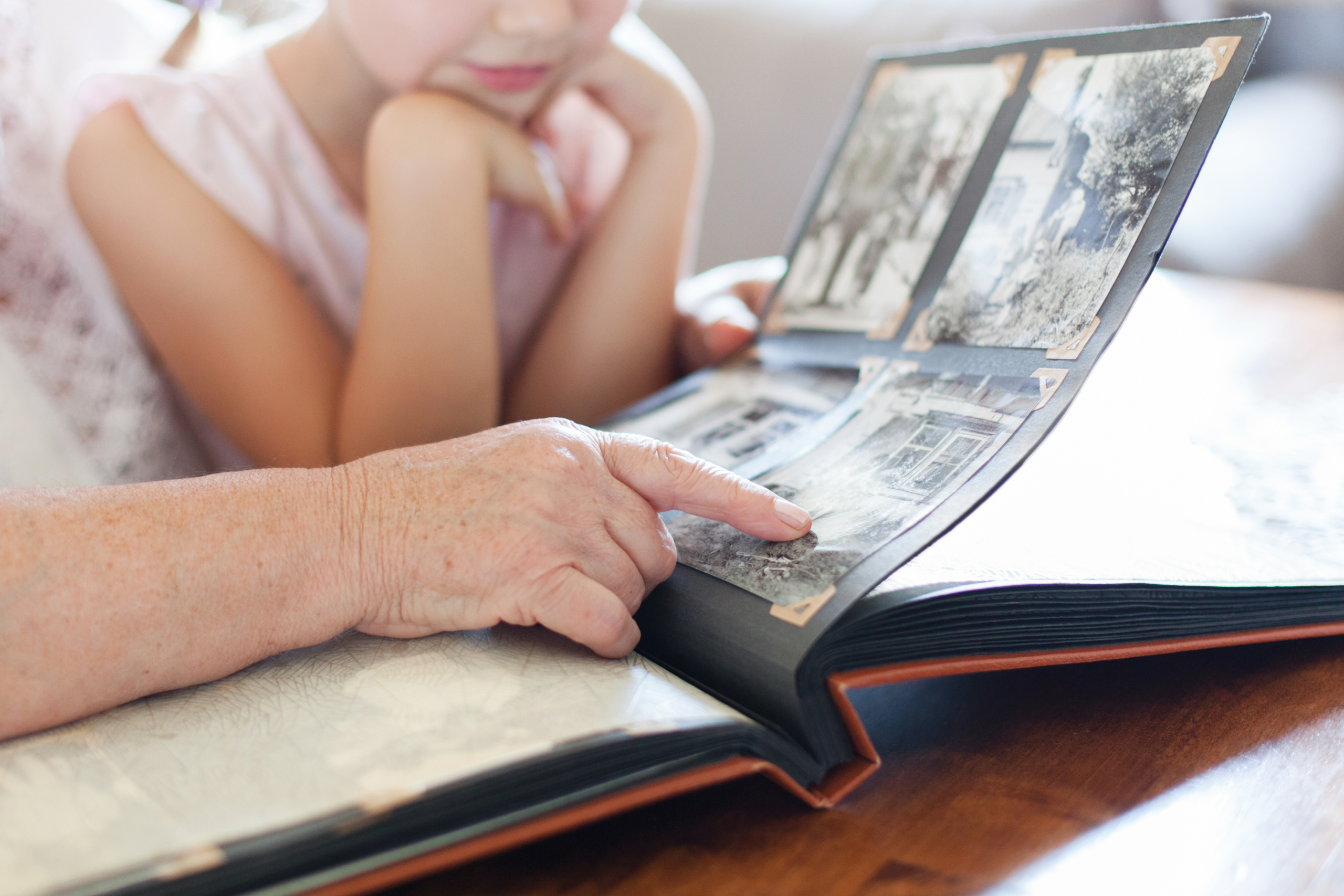
9. To Tell Stories
Storytelling is the most human thing there is. The function of storytelling, since the dawn of humanity, is to pass down knowledge for survival, to share wisdom and advice, and to remember people. Stories also pass the time and entertain. Folktales, history, and stories of a culture are preserved memories. Whether they are long-lost tales, or the origin story of your company, every story is important. And every person and thing that exists has a story.
10. To Prioritize Emotional Health
We talk about physical and mental health, but emotional health can at times be overlooked. Certain habits and acts can aid emotional health. This includes taking the time to reflect upon the past instead of suppressing it, avoiding it, or running from it. The act of preserving memories of a deceased loved one in a scrapbook or photo album, for example, can be therapeutic as part of the grieving process.
11. To Document Culture and History
Documenting oral traditions links the generations. Memories of our history and culture can make us realize that we’re all more alike than we realize, even if we are generations apart: we all experience love, loss, and everything in between. And that is a comforting thought.
How to Preserve Memories
There are many methods of preserving memories. Some are crafty, some are practical, and some are both! Let’s look at how you can keep those memories safe and sound.
1. Make a Photo Album
Taking photos of vacations, holidays, and everyday life is one of the best ways to preserve memories. It’s easier than ever to snap photos on your smartphone and organize them within your device. To take it to the next level, you can also print out photographs and to create a custom photo album. There’s just something about holding a physical photo album in your hands and passing it around to share with friends and family.
Store in a clean, safe, and dry place. Make sure the air isn’t too humid so as to deteriorate the physical media of your choice.
If you’ve got lots of old photographs already lying around, they might already be suffering from wear and tear. To ensure a long life for them, consider using a photo scanning service to create a digital photo album. A digital photo album can be shown onto a big screen so an entire room can view it at once! You can even digitize an entire photo album.

2. Write a Journal or Memory Book
Do you keep a daily diary? Travel journal? Or a book of the occasional musing or spurt of creative writing? These items are true treasures. They tend to contain the unfiltered truth, which can turn out to be comforting in later years. If you’ve ever read back over your middle school diary, you’ll know exactly how amusing it can be to revisit old dramas and feelings.
It’s never too late to start writing a book of memories. It can be for your own enjoyment, or it can be a legacy book to hand down to your relatives. If you handwrite it, or already have handwritten materials, make sure to store these journals in a cool, clean, safe, and dry place in your home or office.
You may prefer to type it up or handwrite it. Either way, it’s always a good idea to have several copies in different formats so you’re sure you have a backup.
3. Record Your Story with a Mini Documentary
StoryBox is a new and innovative way to get the whole family involved in preserving memories. Imagine: a documentary about the family, narrated by the family. You supply the family photos and/or home movies, and EverPresent acts as the producer. The end product is digital, so it is easy to share with everyone.

4. Take Advantage of Downloadable Files as a Format
Having any of these projects as a downloadable file opens up opportunities to share them. You can then upload photos and videos to media sharing sites like Facebook, YouTube, Vimeo, or Instagram. Using social media to share your memories can touch the hearts of people beyond your immediate circle. It’s also just another way to share them with friends and family.
5. Record an Interview or Conversation
Audio recordings are extremely useful in documenting oral history. They’re also precious memories when they contain the voice of a loved one who you always want to remember. If you are separated from a loved one, whether by distance or tragedy, one of the worst parts of the separation is when the sound of their voice begins to fade from memory. Recording an everyday conversation or an interview about their life can remedy that. If you already have an audio recording on a cassette tape, you can transfer it with audio to digital conversion.
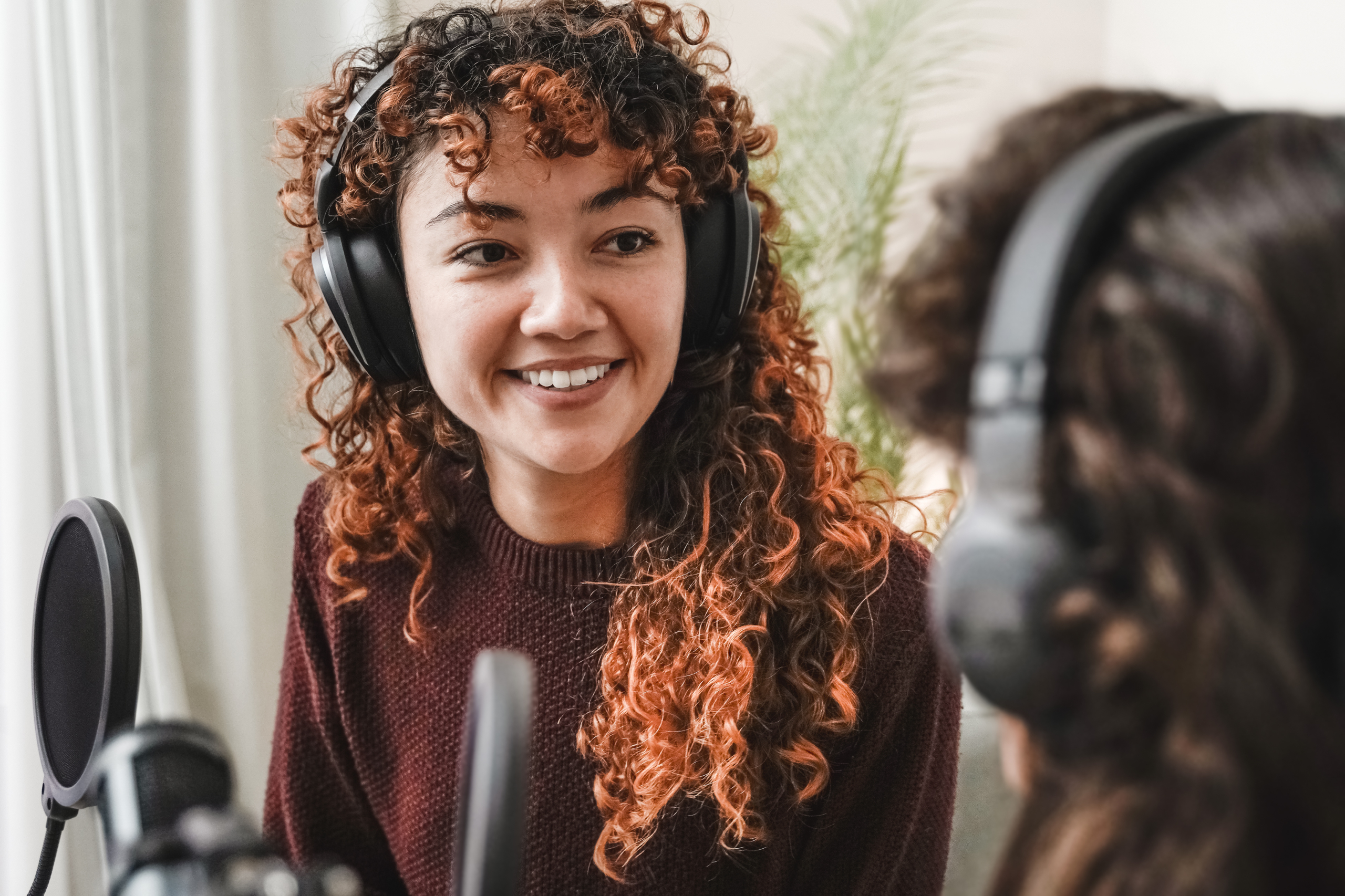
Preserve Your Memories with EverPresent
EverPresent is a one-stop shop offering lots of different methods for preserving memories. Located in the Northeast U.S., we help you digitize, organize, and share memories. We work with photo, video, and audio formats. EverPresent offers home deliveries of your finished product, as well as personalized consultations in person and over the phone. Whether you are preserving the memory of an individual, family, event, or large organization, we take our time with you and your project.
So cherish those home movies forever with our video transfer service, or convert photos to digital to create a photo album that can be passed down for generations. No matter what medium you’re looking for, EverPresent can help. Browse all our services or call 866-363-3351 to see how we can help immortalize your treasured memories today.

